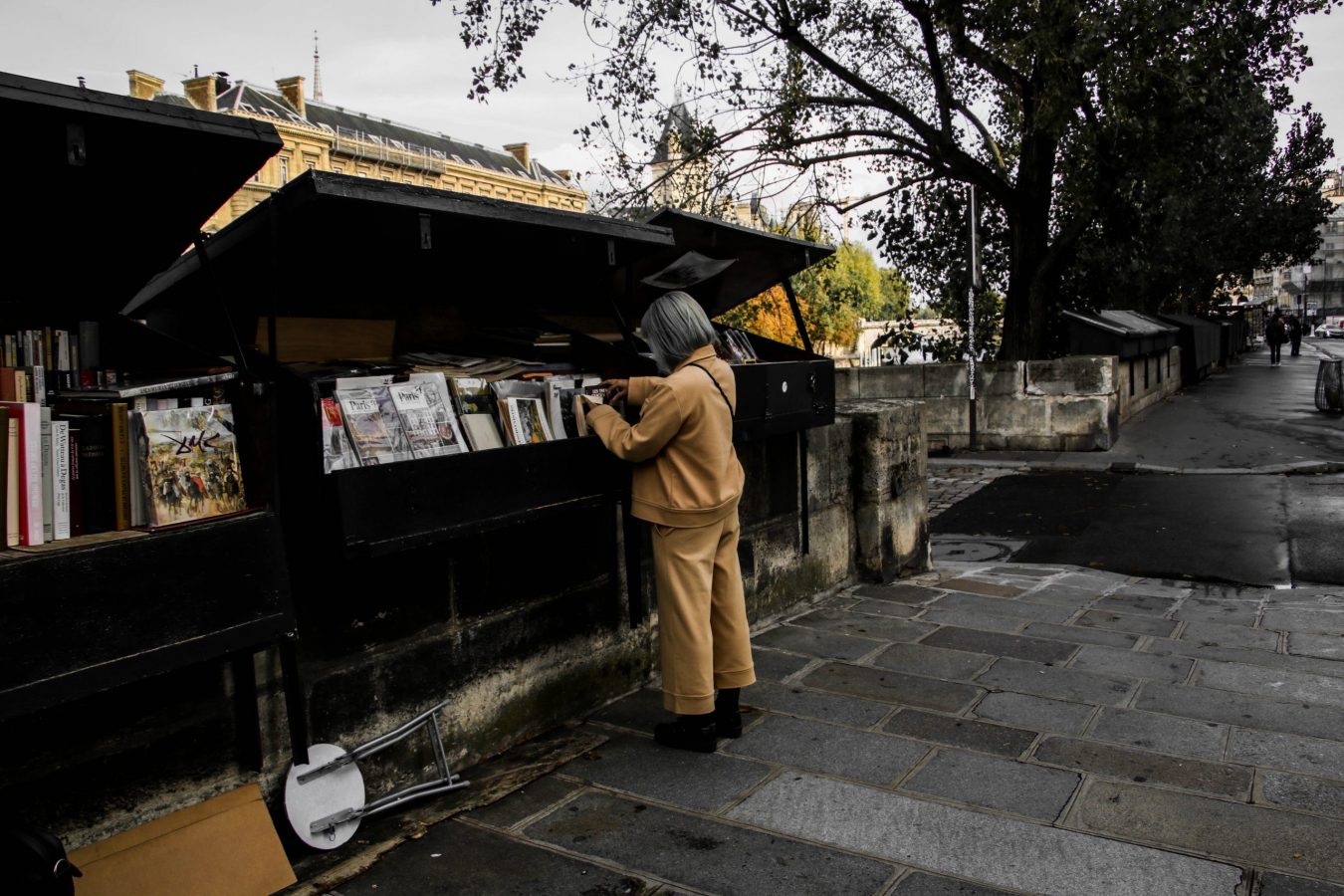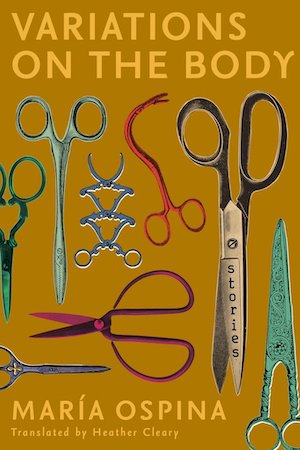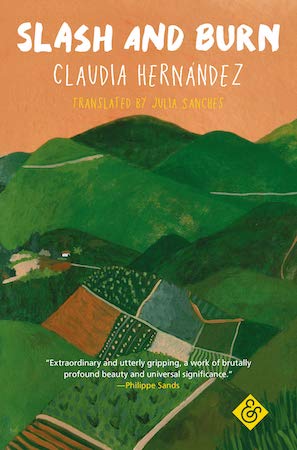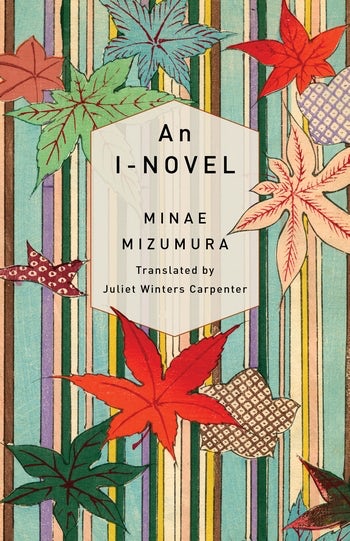If you enjoy reading Electric Literature, join our mailing list! We’ll send you the best of EL each week, and you’ll be the first to know about upcoming submissions periods and virtual events.
For Women in Translation month, we’ve curated a reading list of novels and short story collections written and translated by women. Exploring everything from gender biases and millennial burnout in the Japanese workplace to a toxic relationship in Iceland, these stories expand our perspectives of what it means to be a woman—or woman-identifying—in today’s society.
Argentina
The Dangers of Smoking in Bed by Mariana Enríquez, translated by Megan McDowell
Author of Things We Lost in the Fire, Mariana Enríquez worked with the same translator to bring another book of delightfully disturbing stories to the English-speaking world. Longlisted for the International Booker prize, The Dangers of Smoking in Bed’s dark stories marries supernatural horror with the mundane in contemporary Buenos Aires: a neighborhood is under a fatal curse, grave-robbers try to steal the body of a rock star, and teenage girls find an Ouija board with sinister results.
Read an interview here with Mariana Enriquez about witchcraft, hysterical teenagers, and heart fetishists.
Colombia
Variations on the Body by María Ospina, translated by Heather Cleary
María Ospina’s collection of stories centers around Colombian women in Bogota from all walks of life: from a Colombian American woman who develops an obsession with a young girl at a convent to a former guerilla fighter reintegrating into urban society.
El Salvador
Slash and Burn by Claudia Hernández, translated by Julia Sanches
Set in an unnamed Latin American country that is based on the author’s native El Salvador, Slash and Burn explores the mental and physical consequences of being a woman during wartime. Spanning decades, the novel follows an unnamed woman as she joins her father and brother as a guerilla fighter and, despite her contribution to the rebellion, is forced to split from her daughter.
Iceland
Magma by Thora Hjörleifsdóttir, translated by Meg Matich
Icelandic poet Thora Hjörleifsdóttir uses spare language in her debut novel to tell a haunting story of toxic love. Magma follows a narrator who loses herself to the desire to be a perfect lover, shocking the reader with the intricacies of an abusive relationship that are often not spoken out loud.
Iran
I’ll Be Strong for You by Nasim Marashi, translated by Poupeh Missaghi
Journalist Nasim Marashi paints an intimate portrait of three modern Tehranian women in her debut novel, I’ll Be Strong for You. Split between past and present, we follow Roja, who’s trying in vain to further her education in France, Shabaneh, who’s navigating her oscillating feelings for her partner, and Leyla, whose husband abandoned her for a new life in France. While leading their diverging lives, these three friends struggle to communicate with each other as they encounter conflicts with family, freedom, and love.
Nasim Marashi recommends 8 novels in translation by Iranian women writers here.
In Case of Emergency by Mahsa Mohebali, translated by Mariam Rahmani
Set in modern-day Tehran, as the city falls to made-made and natural disasters alike, In Case of Emergency depicts Iranian counterculture through the lens of a wealthy, cross-dressing opium addict who is constantly searching for her next fix even as everything around her crumbles.
Japan
There’s No Such Thing As An Easy Job by Kikuko Tsumura, translated by Polly Barton
Kikuko Tsumura’s English-language debut, There’s No Such Thing As An Easy Job, tackles a topic that has become uncomfortably familiar over the past year: millennial women feeling burnout in the workplace. With a subtle hand, Tsumura takes the unsuspecting reader on a strange mystery as her protagonist quits her dream job to try her hand at floating through life effortlessly, taking one temp job after another. Unsurprisingly, she finds that, as a woman, there is no such thing as an easy job and her journey exposes the dark underbelly of workplace gender biases in Japanese culture.
The Woman in the Purple Skirt by Natsuko Imamura, translated by Lucy North
Natsuko Imamura tackles the universal feeling of loneliness in her debut novel, The Woman in the Purple Skirt. In the novel, the narrator shares almost nothing about herself save her self-effacement and diffidence. Rather than telling her own story, or even living it, she opts to be a voyeur of the woman in the purple skirt, relaying this woman’s life in unsettling detail, leaving the reader to wonder about her motivations and desires.
Japan & the United States
An I-Novel by Minae Mizumura, translated by Juliet Winters Carpenter in collaboration with the author
The I-novel is a Japanese literary genre in which authors offer confessions of events from their own lives through fictionalization. Minae Mizumura’s semi-autobiographical book was deemed radical when it was first published in 1995, because of its liberal use of English words and being printed horizontally rather than vertically.
An I-Novel takes place over the course of one day in the 1980s, during which the protagonist—a Japanese woman living in New York—reflects on her life as a writer in the United States, her complicated feelings about the English language and American culture, and her decision to return to Japan to write in her native language.
South Korea
Shoko’s Smile by Choi Eunyoung, translated by Sung Ryu
Choi Eunyoung’s award-winning debut story collection, Shoku’s Smile, assembles seven stories that show the effects of geopolitics and national tragedies on the lives of young Korean women. Using spare prose to take an intimate look into women’s desires, relationships, and experiences, Eunyoung’s style has been likened to that of Sally Rooney and Marilynne Robinson. First published in South Korea in 2016, this collection was selected by 50 Korean writers as the best fiction title of the year.
Read an interview with Choi Eunyoung and Sung Ryu about what it means to be a social outcast in South Korea here.










